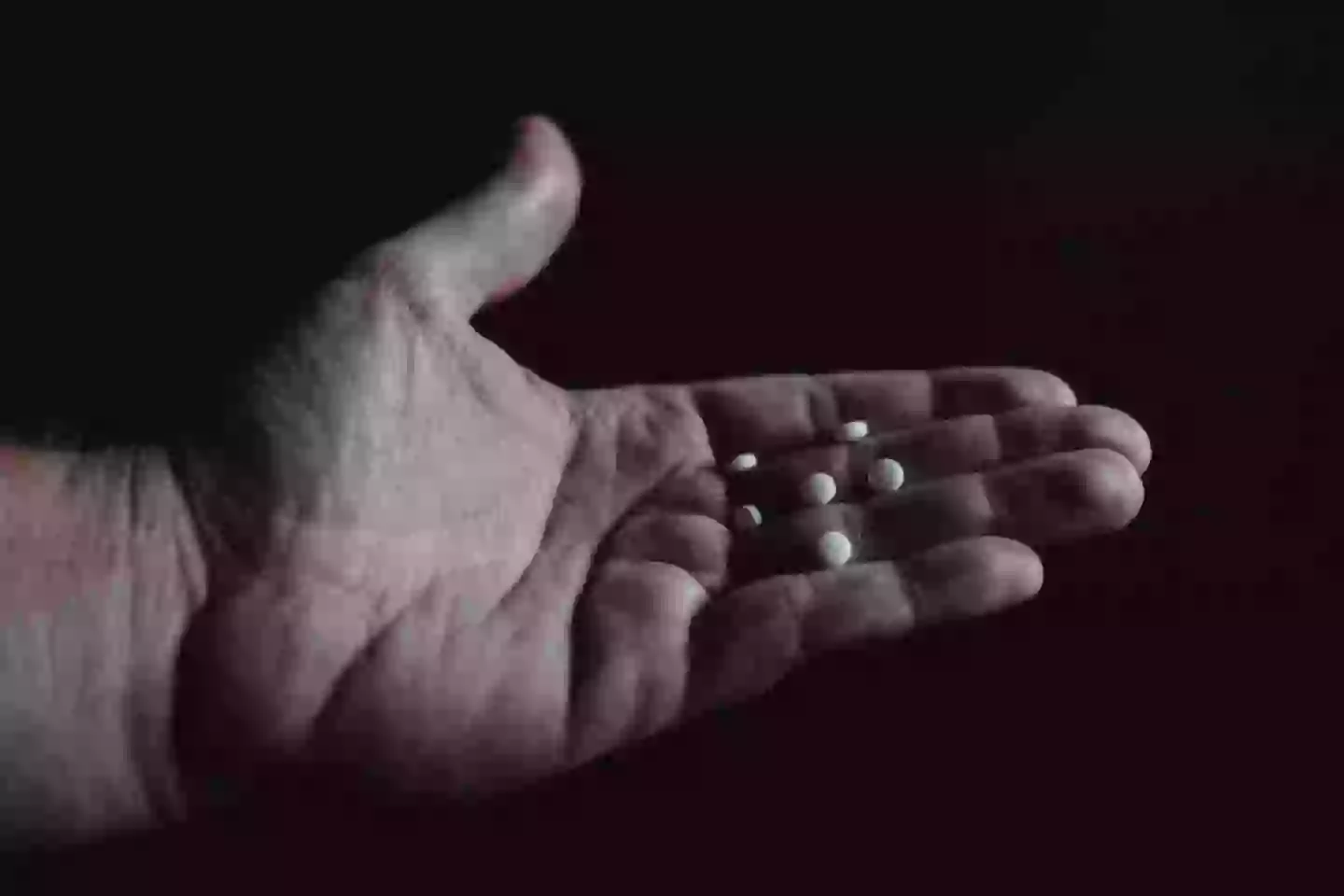Biohacker Bryan Johnson recently shared an oversight in his attempts to decelerate his aging process, raising concerns about potential long-term consequences.
Johnson illustrates the high cost of pursuing longevity, reportedly investing around $2 million annually to counteract aging.
For context on his commitment, Johnson has engaged in activities such as altering his DNA and exchanging blood with his 19-year-old son, which he has now replaced with a ‘total plasma exchange.’
In addition to these methods, he has been consuming a blend of supplements and medications. However, in a new video, Johnson acknowledged a significant error, which may have negated much of his progress.

This medication is commonly used for treating cancer or lung diseases but has also been researched for its potential anti-aging effects.
Johnson mentioned that the drug has been utilized for organ transplant recipients due to its immunosuppressive qualities, which help the body accept the foreign organ.
He began taking this medication based on studies suggesting the benefits might surpass the disadvantages. A 2009 study indicated that mice treated with it lived 14 percent longer for females and nine percent longer for males.

Additionally, a 2023 study involving 333 participants under medical supervision found that 65.5 percent believed in its anti-aging efficacy, while 44 percent noticed health improvements.
However, Johnson, after using the drug for five years, continually adjusted the dosage to maximize benefits while minimizing drawbacks, yet observed no improvements.
He reported experiencing negative effects, such as mouth ulcers, slow-healing wounds, cholesterol irregularities, and slight increases in blood glucose levels.
Johnson added: “Then perhaps the thing that was most painful for me, it increased my resting heart rate, which as you know, is the most important biomarker I track every single day because it is the most influential thing determining my sleep quality.”
https://www.youtube.com/watch?v=MizVGCELs9Q
Discussing a recent study, Johnson noted it contradicted earlier findings. Yale researchers discovered the drug accelerated biological aging across 16 epigenetic markers in humans instead of slowing it.
This suggests Johnson might have been accelerating his aging rather than reversing it.
Despite the irony, Johnson admitted he could see the humor in the situation, expressing that he was laughing along with those who found it amusing, and he has since discontinued the drug.
He concluded his video by emphasizing the value of experimentation and openly discussing both the successes and setbacks in his quest to reduce biological age, as it is through this sharing that collective learning occurs.

